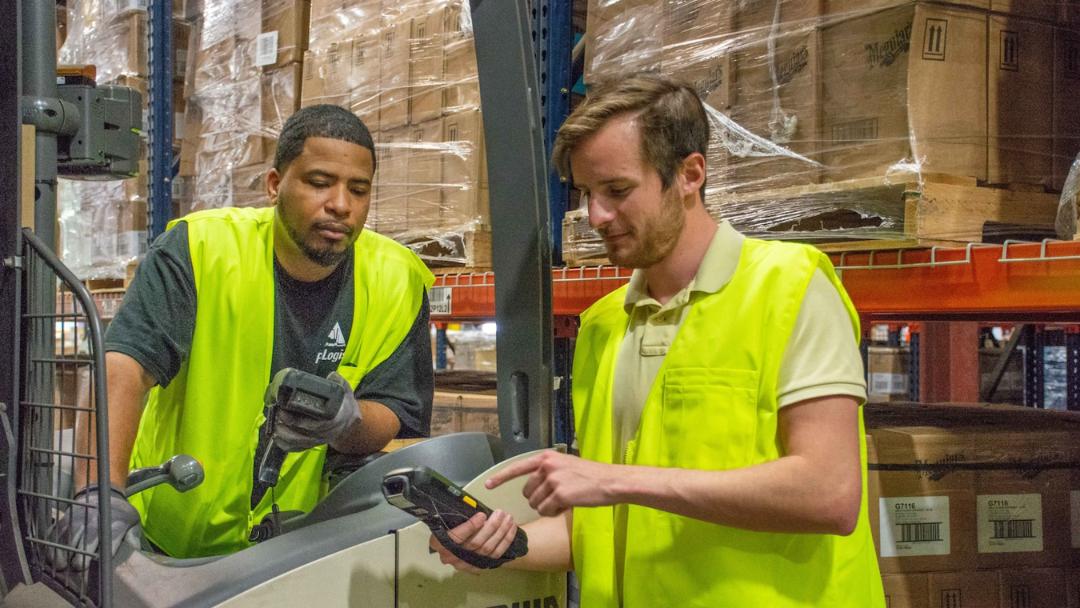Recessions are part and parcel of our economy. They're an inevitability and people need to take appropriate financial precautions. There are some perennial hallmarks of recessions: rising inflation, increasing cost of living and a declining gross domestic product (GDP) to name just a few. But every recession has its own unique traits and, in that regard, the one upon us is no different.
Given the recent boom in e-commerce, this recession is expected to hit the warehousing and logistics industry particularly hard. It's a sector that's still battling severe labor and skill shortages, inordinate real estate prices and a global fuel crisis. Now, as SupplyChain explains, decreased consumer spending can be added to the mix. As buyers tighten their belts, demand for luxury (and even some essential) goods is dropping.
One of the first components of the supply chain to be affected will be—or already is—freight and transport. So, what's happening in that field? How can employers mitigate a recession's adverse effects on their businesses? Let's take a look:
What do the numbers say?
Container and cargo volumes in ports worldwide have decreased significantly in the past year. In the United States, California seaports saw 1.5% fewer shipments pass through between June and August 2022 compared to the same time period during the previous year. General freight trucking prices rose by over 5% between March and April 2022, and specialized long-distance trucking costs saw an increase of half that in the same timeframe.
At the end of April 2022, demand for truckers was at a 22-month low, down nearly 25% from the same period during the preceding year. Load rejection rates decreased from over 25% to just under 10%. These figures are rivaled by only those of the first few months following the World Health Organization's declaration of a global pandemic. By contrast, capacity is starting to increase for the first time in over two years, but this is due to reduced consumer demand.
What are the implications for logistics business leaders?
While this coming recession may seem like a massive economic downturn in many sectors, it may simply be the case that the supply chain will return to pre-pandemic conditions. There will be a noticeable reduction in demand, certainly, but only when compared to post-pandemic economic activity.
That said, businesses in this industry would do well to implement strategies that mollify the effects of this recession. Lessened order volumes will, fortunately, ease the pressure and burden on companies struggling to keep up with their consumers' purchasing activity. This will mean less congested ports and, hopefully, quicker delivery periods and turnaround times.
However, it's not recommended to breathe a sigh of relief just yet, either. Employers in the logistics and warehousing sectors are advised to keep implementing strategies to enhance productivity and cost-effectiveness. These include increasing adoption of automation, widening supplier pools and improving transport efficiency.


